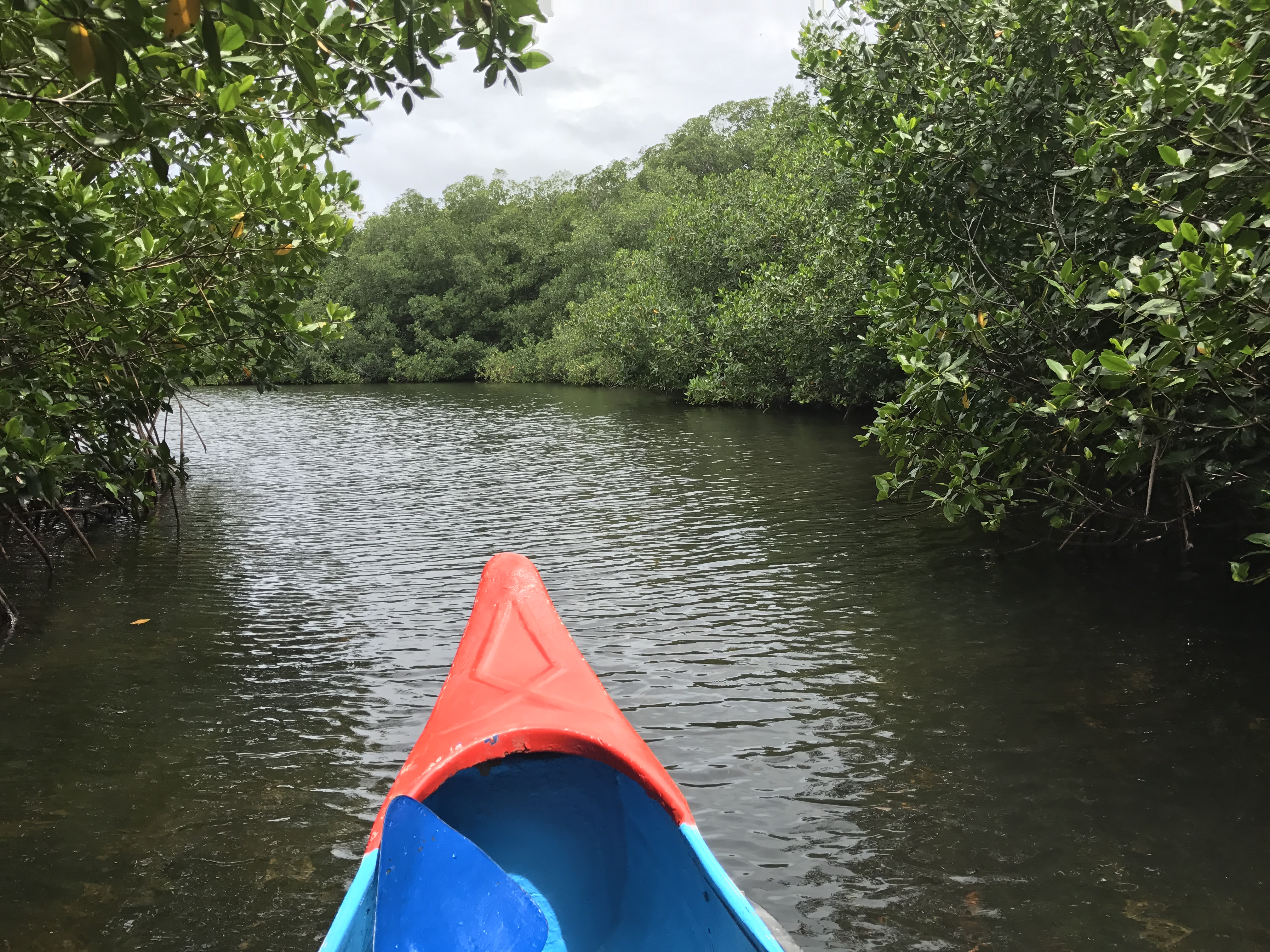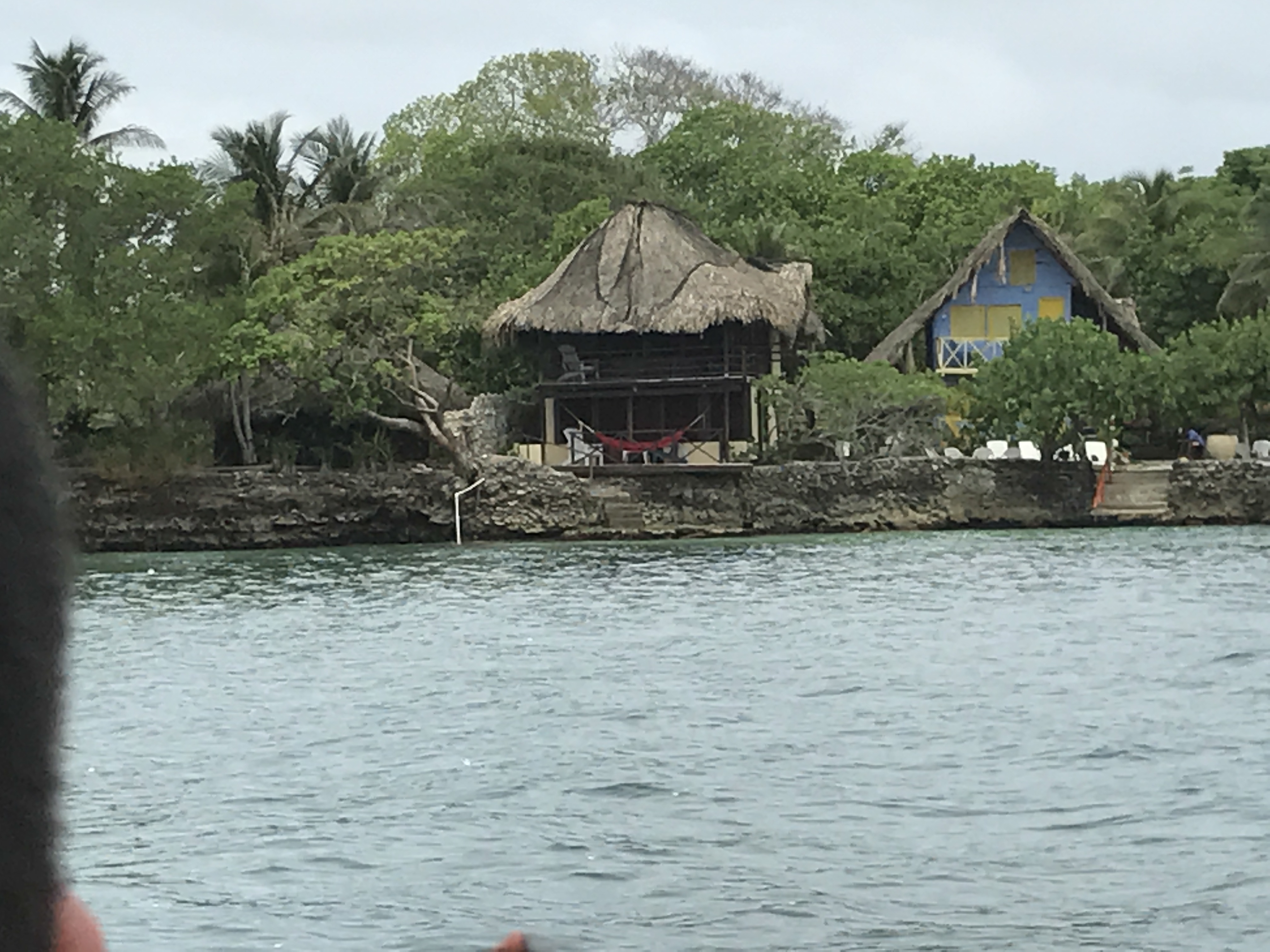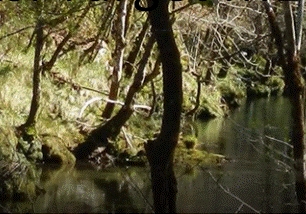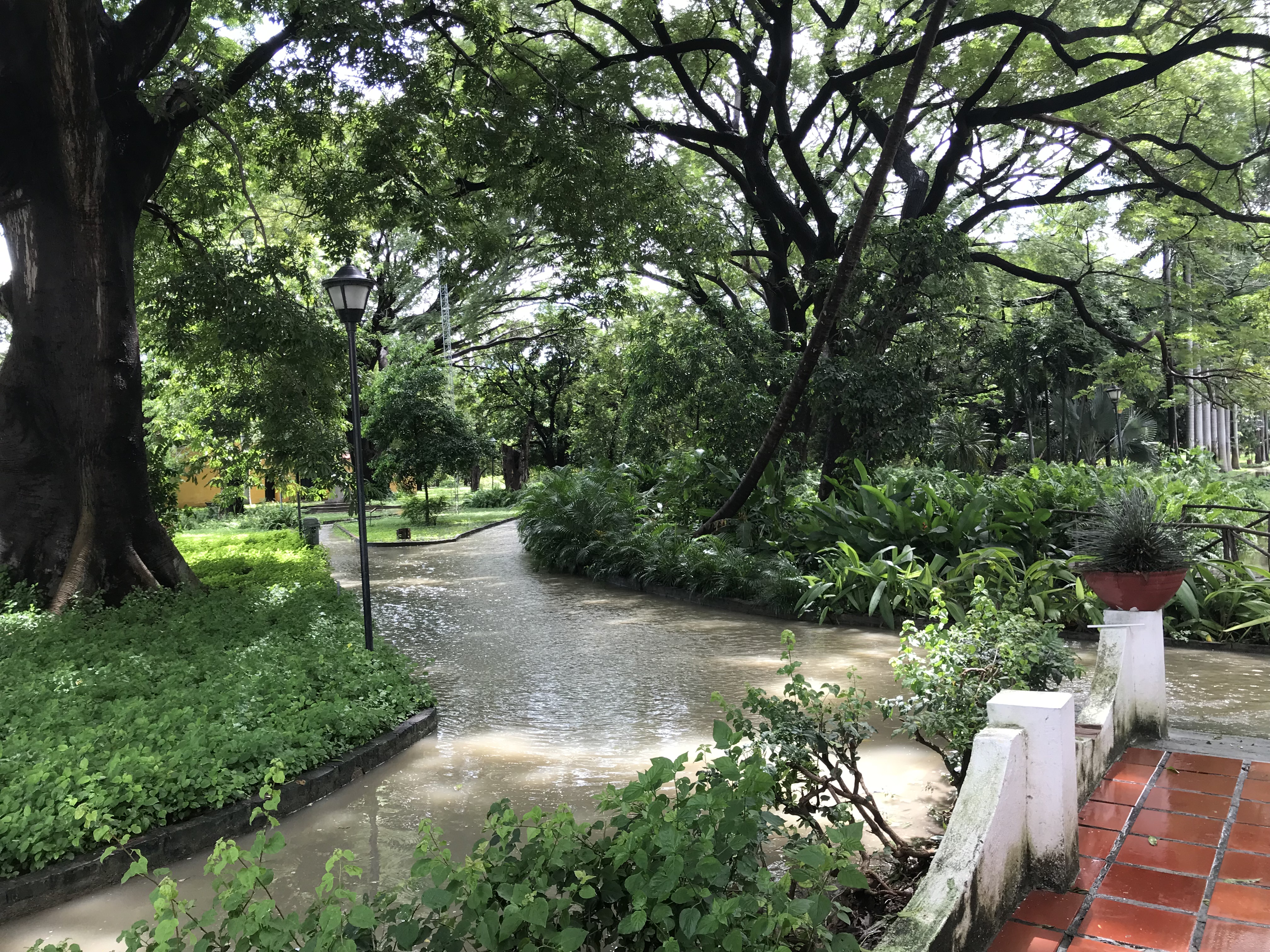Help protect tropical wetlands in South America while helping the people living there
Fundraising campaign by
Joaquin M Fernandez
-
US$0.00raised of $100,000.00 goal goal
No more donations are being accepted at this time. Please contact the campaign owner if you would like to discuss further funding opportunities
Campaign Story
FAO (United Nations Food and Agriculture Organization) has repeatedly warned in its reports on natural ecosystems management, that both native and introduced pests pose one of the greatest threats to vulnerable natural environments such as tropical wetlands.
Despite many improvements in phytosanitary protection, new pests continue to materialize due to (among other reasons) increasing international trade volume and transport speed. Climate change also has a relevant role by providing conditions that help to materialize a pest or allowing some species to become more serious pests in their native range.
In this scenario pest risk analysis, forecasting of future outbreaks and design and implementation of cost-effective wetlands protection strategies, depend on the availability of comprehensive data at various administrative and geographical levels. Unfortunately, effective comprehensive monitoring of these ecosystems is an expensive process, which makes it almost unachievable not only for emerging countries but also even for some industrialized nations that are not capable to rightly integrate risks of pest outbreaks in their management plans. So information availability on these environments significantly affected by pests and diseases continues to be poor and data collection methods are highly variable and (at best) questionable.
To avoid these pervasive drawbacks, FAO papers on implementing phytosanitary standards suggest some likely lines of action while reminding that networking and data sharing between people working in wetland management and plant health regulators authorities is already helping detect, prevent and eradicate new pest outbreaks. FAO strongly recommends a continued expansion of this networking, and the use of ICT solutions that can assist in addressing the global challenge of pest & invasive species control.
Current project WetWatchNet concept arises from this pressing need to collect and share data on health and vitality of tropical wetlands in South America, data that will help to analyse and assess many alterations that have such striking negative effects in ecosystem productions in and around wetlands and therefore in the local economies.
WetWatchNet project will build an ICT support tool for wetlands ecosystems researchers and managers that efficiently provides massive information on pests and diseases resorting to volunteer citizens to perform field data collection and sharing and trying to raise both wetlands knowledge and environmental awareness in those populations living in and around wetlands.
WetWatchNet is a “Citizen Science” working instance where general public engages in scientific research. In WetWatchNet project participants collect data for final researchers, raise new questions and help to co-create a new scientific culture. While adding value, these volunteers acquire new learnings and skills, along with a much deeper understanding of the scientific work involved in wetlands control and management.
Volunteers collaborating with WetWatchNet platform are not only individuals but also associations and groupings of individuals that have a strong and convincing interest in wetlands ecosystems, such as members of birdwatching societies, environmental organizations, farmers associations and so on. WetWatchNet is a Citizen Science working instance, where volunteers become an operating part of scientific procedures and play a major role in the prevention and control of complex problems in wetland ecosystems. Project has thus a strong educational component and can be considered a relevant innovative tool to promote scientific culture in general public in South America.
Strategic objectives pursued by WetWatchNet project are:
- Operate an ICT platform through which a heterogeneous group of stakeholders (volunteers, universities, public authorities, research institutions & so on) can work together and carry out ambitious actions to efficiently collaborate in prevention & fight of phytosanitary problems in wetland
- Enhance citizens contribution to research and science in general
- Increase public awareness of deep significance (both in terms environmental & economic) of wetland ecosystems pests, diseases & invasive species
Organizer
- Joaquin M Fernandez
- Campaign Owner
No updates for this campaign just yet






